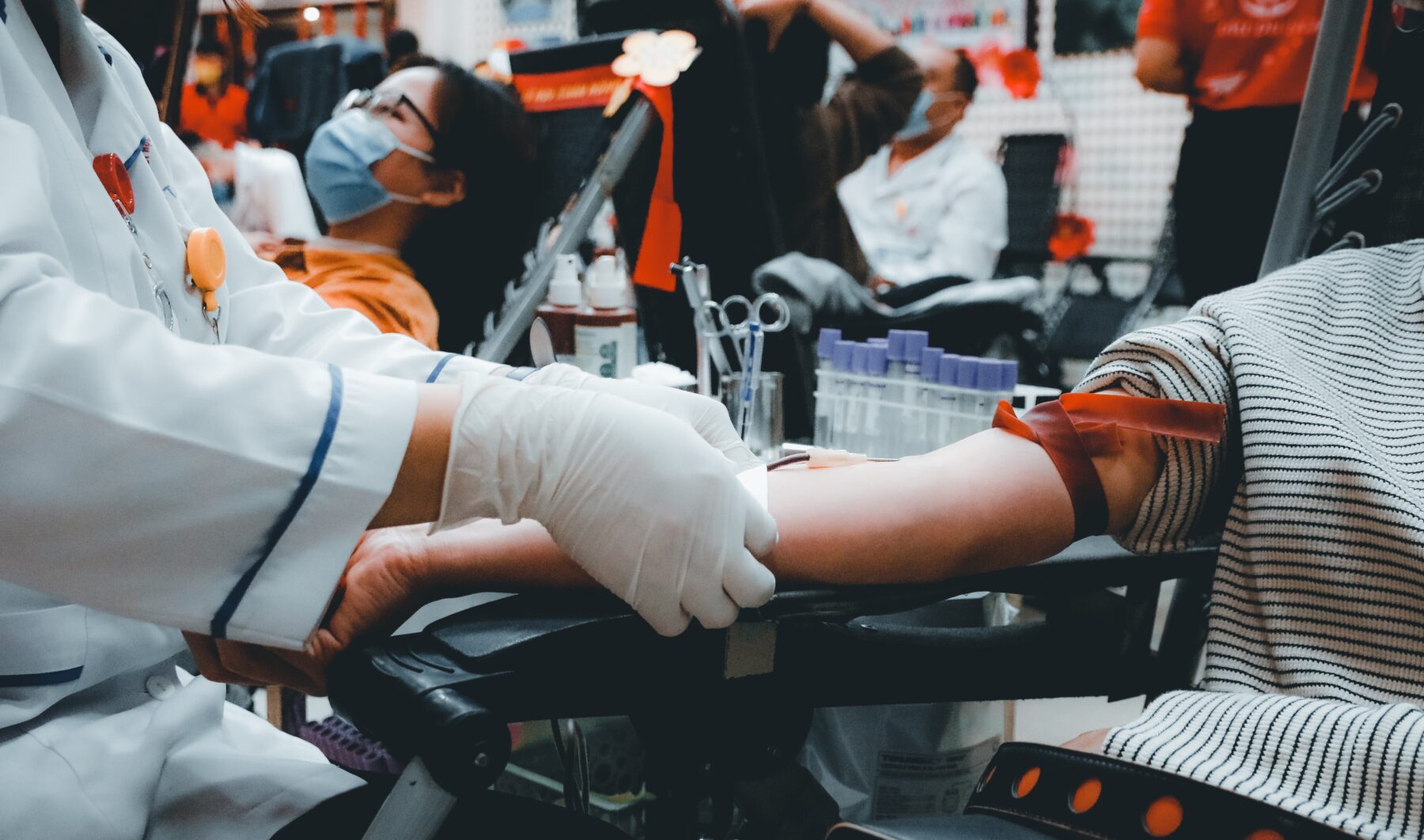The World Health Organization (WHO) is encouraging everyone to “give blood, give plasma, share life, share often” on World Blood Donor Day. The celebration happens every June 14 in honor of Karl Landsteiner, whose work classifying blood types earned him the Nobel Prize.
WHO established the day in 2004 as an opportunity for everyone to thank voluntary blood donors worldwide. It’s also designed to educate about and focus action on achieving global and universal access to safe transfusions.
Photo Courtesy World Health Organization
The 2023 “give blood, give plasma, share life, share often” theme highlights the importance of regular donation to bolster a sustainable and safe global supply. Demand for safe blood is critical worldwide, so the day also hopes to encourage new donors to give.
Blood donation is responsible for saving millions of lives every year and also helps injured persons recover.
For those who suffer from chronic blood conditions like hemophilia, sickle cell anemia, and various immune deficiencies, it’s crucial as they receive regular transfusions that are medical necessities.
A large stockpile of blood is also essential for countries to have on hand to handle natural and human-made disasters. Additionally, some blood types are so rare that those donors are needed more than ever before.
Photo Courtesy Red Cross
Blood donors in the U.S. often go through the American Red Cross; for many, it’s routine. “I just like to donate,” said donor Gregory Short. “Service is how I show love. Being a creature of routine, I like donating platelets every two or three weeks, and I’m going to continue as long as I can because it’s needed.”
This year’s World Blood Donor Day host country is Algeria, through its National Blood Transfusion Service. Organizers hope the day gains support from both local and national governments to partner to strengthen available programs.
In many countries, obstacles, including funding and policies, prevent safe and sustainable donations. According to WHO, transfusions save lives and improve health, but many patients do not have timely access to a secure blood supply. The organization believes “providing safe and adequate blood should be an integral part of every country’s national health care policy and infrastructure.”
Although nearly 119 million donations occur annually worldwide, almost half of these are collected in the highest-income nations, home to just 16% of the world’s population.
Nearly four-fifths of people struggle with access to clean, safe blood. In fact, 60 countries report less than 10 per 1,000 residents.
Photo Courtesy World Health Organization
People are encouraged to celebrate World Blood Donor Day by donating and with social media campaigns, media broadcasts, personal social media posts, workshops, and donor appreciation events. It’s important to honor these selfless donors, who rarely know whose life they’ve saved and their importance to the health and vitality of so many people globally.





